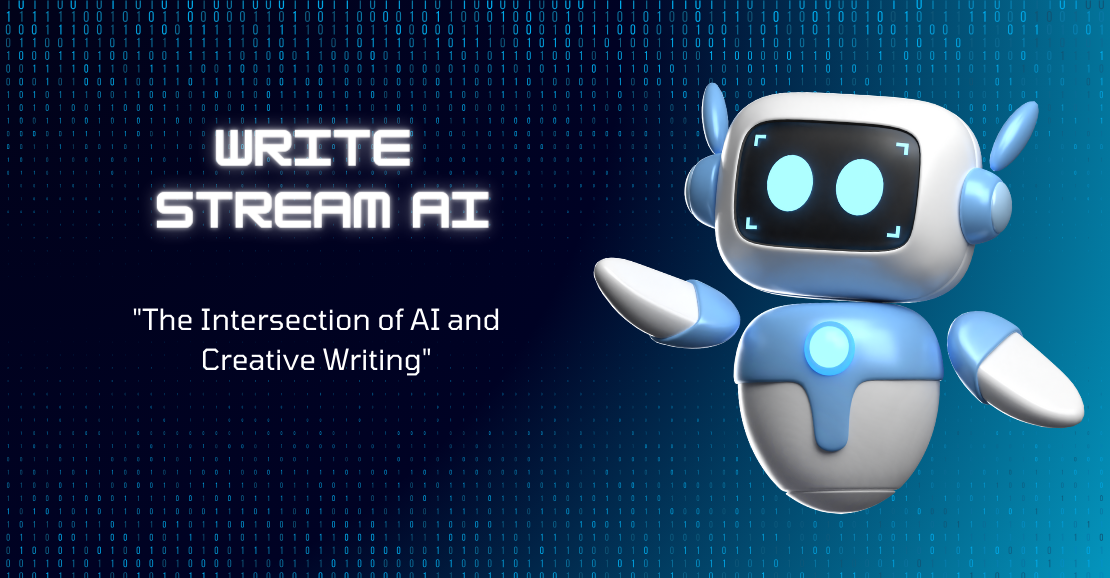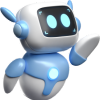The world of creative writing has always been a domain reserved for human imagination and expression. However, with the advent of artificial intelligence (AI), there has been a growing intersection between technology and creative writing. This has sparked a debate among writers and literary experts about the future of literature and the impact of AI on the creative process. In this article, we will explore the intersection of AI and creative writing and its potential implications.
Firstly, it is important to understand what AI is and how it relates to creative writing. AI refers to the simulation of human intelligence in machines that are programmed to think and act like humans. This technology has been advancing rapidly in recent years, allowing machines to perform complex tasks and even generate creative content. This has led to the development of AI-powered writing tools that are capable of creating original pieces of literature.
One of the most significant ways in which AI has impacted creative writing is through its ability to generate text. AI algorithms can analyze vast amounts of data and produce written content that is indistinguishable from that written by humans. This has led to the creation of AI-powered writing assistants, such as Grammarly and Hemingway App, which help writers improve their work through grammar and style suggestions. These tools have made the writing process more efficient and have enabled writers to produce high-quality work in less time.
Moreover, AI has also been used to create entire pieces of literature, including poems, short stories, and even novels. In 2016, an AI program called “The Next Rembrandt” was able to produce an original painting that resembled the works of the famous Dutch painter. Similarly, in 2018, a novel titled “1 the Road” was published, which was co-authored by AI and a human writer. This shows that AI is not only capable of producing written content but also has the potential to collaborate with humans in the creative process.
The use of AI in creative writing has not only benefited writers but has also opened up new opportunities for readers. With AI-generated literature, readers can access a vast array of content that may not have been possible before. Many AI-powered writing platforms allow readers to customize their reading experience by choosing specific genres, styles, and even character traits. This has made literature more accessible and has introduced readers to new and diverse voices.
Despite the potential benefits of AI in creative writing, there are also concerns about its impact on the future of literature. Some argue that the use of AI will lead to a loss of originality and creativity in writing, as machines are limited to what they have been programmed to do. Furthermore, the emotional and imaginative elements that make literature unique may be missing from AI-generated content. This raises questions about the authenticity of AI-produced literature and its place in the literary world.
In conclusion, the intersection of AI and creative writing has opened up new possibilities for writers and readers. While AI-powered tools and platforms have made the writing process more efficient and have expanded the scope of literature, there are also concerns about the impact of AI on creativity and originality. However, it is essential to remember that AI is a tool, and it is up to the writers to use it in a way that enhances their work. The future may hold a balance between human imagination and machine intelligence, but one thing is for sure – AI has become an integral part of the world of creative writing.























Write your comment
Cancel Reply